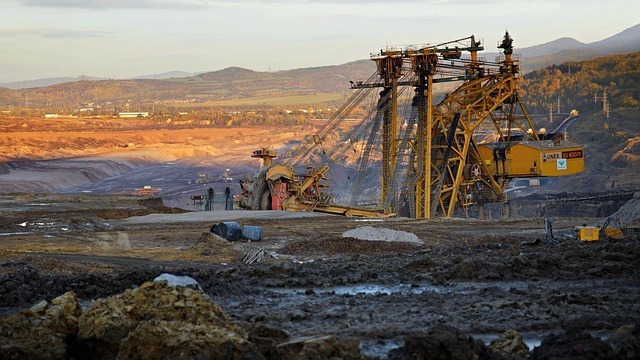
The Rise of Techno-Feudalism: A New Economic Paradigm
Yanis Varoufakis, a prominent economist and former Greek finance minister, provocatively argues that capitalism, as we know it, has reached its limits. Instead, he proposes that we are now living in an era of techno-feudalism. This concept suggests that technological advancements have altered the economy, concentrating wealth and power in the hands of a few tech giants, reminiscent of feudal systems where a small number of landowners controlled resources.
The Impact of Quantitative Easing on Economic Structures
Reflecting on the aftermath of the 2008 financial crisis, Varoufakis highlights the role of quantitative easing (QE) as a method to refloat failing financial systems. While trillions were injected into markets, these measures largely benefited financial institutions, not the broader economy. Consequently, entrepreneurs hesitated to invest, knowing that consumer demand remained low, leading to a cycle where available capital was funneled back into financial markets rather than productive enterprises.
Cloud Capital: The New Form of Wealth
At the core of Varoufakis's argument is 'cloud capital'—the wealth generated not by traditional industry but by algorithms and data. By leveraging connectivity and machine learning, tech companies extract and monetize data while offering minimal returns to the actual producers of goods and services. This model diminishes the value of work and innovation, effectively creating a modern-day serfdom for the average worker who contributes to these tech platforms.
The Consequences of Rentier Economies
Varoufakis warns of the dangers that arise when significant portions of GDP are captured as rent rather than profit. Companies like Amazon capture massive fees for their services, leading to a refined economic landscape where producers struggle to thrive under heavy financial burdens. The transition from profit-driven capitalist models to rent-seeking behaviors raises concerns not just about inequality, but about the overall stability of our economic systems.
What Can Investors and Citizens Do?
In these conversations, Varoufakis implores active citizens and investors alike to reconsider who controls the technologies shaping our economy. He suggests that community-driven efforts to establish socially-owned alternatives to giants like Google and Amazon can help decentralize power and foster a more equitable marketplace. This shift could present not only an investment opportunity but also a path towards a healthier economic future.
 Add Row
Add Row  Add
Add 




Write A Comment